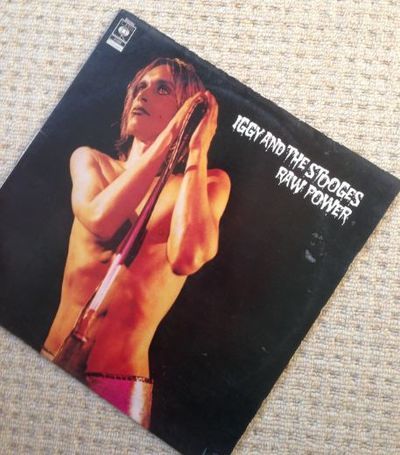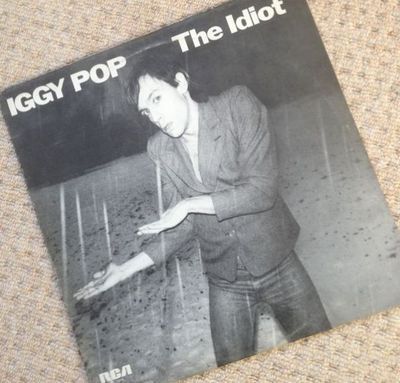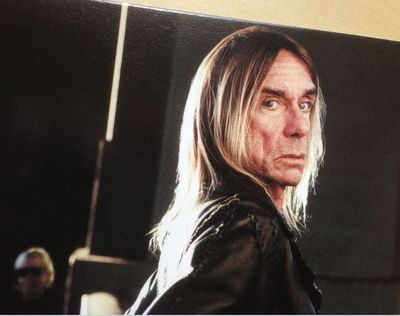Iggy Pop, the one and only
By ADRIAN TAHOURDIN
George Christie, the chairman of Glyndebourne Opera, said something very interesting (to me at least) on the radio the other week. According to him, a lot of people in their twenties, thirties or forties make a transition in their music-listening habits from pop/rock to classical music.
This certainly happened to me in my twenties, when I made a conscious and deliberate switch: the 80s were in danger of becoming the lost decade, music-wise, and I knew there was a whole repertoire of classical music out there waiting to be discovered. The film Amadeus fired many of us with an enthusiasm for Mozart; Round Midnight put people on to jazz. Music suddenly became more interesting and rewarding again.
The work of Gustav Mahler held particular appeal and I now know that I’ll be listening to his symphonies and song cycles for as long as I’m still listening to music. The same goes for Dmitri Shostakovich – well, the symphonies mainly: Nos 4, 5, 8 (in the recording by the Leningrad Philharmonic Orchestra, conducted by its dedicatee Yevgeny Mravinsky), 10 and 15. Sibelius became another favourite.
And then there was Schoenberg and Berg, and Bartók, and Messiaen, and Ligeti . . .
But the music you grow up with stays with you and, in my case, none more powerfully than that of Iggy Pop (né James Osterberg) and his Detroit band The Stooges. This was music not to grow up to. Their album Raw Power (1973) is the one from my adolescent years that I know I could not do without – it represents nihilism raised to an art form. Will Hodgkinson recently described it in The Times as “one of the greatest – and nastiest – rock albums”.
Iggy and the Stooges re-formed a few years back and gave a compelling performance at the Hammersmith Odeon three years ago, the sexagenarian Iggy displaying the energy of a twenty-year-old. There were fewer crowd dives than before – a relief. The audience was one big midlife crisis. The music (quite loud) was driven by the guitarist James Williamson, who left the Stooges and went on to become a high-up in Sony Electronics, took early retirement and returned to the band. Good career move.
Iggy Pop himself has of course had an on-and-off-the-rails solo career in between the two Stooge incarnations. David Bowie salvaged it in the 70s, and worked with him on two of his best albums, The Idiot, whose cover (below) echoes Bowie's Heroes, and Lust for Life. (Danny Boyle made great use of the title song in the film Trainspotting.) Bowie went on the road with him – his backing vocals (and keyboard) can be clearly heard on the brilliantly shambolic live album TV Eye. “China Girl” was a hit for Bowie but there’s a better version on The Idiot. There were some other fine moments later: “I’m Bored”, “I’m a Conservative”, and, as if to counter that, the hilarious “Don’t wanna be no Squarehead”.
It's heartening to discover that Johnny Depp is a big Iggy fan. His account of first meeting his hero is very funny (it's on the World Wide Web). Even more hearteningly, Iggy and the Stooges have released a new record, Ready To Die, and it’s really not bad. James Williamson’s guitar playing is as menacing as ever, and Iggy’s remarkable voice (well, you either love it or . . . ) sounds in pretty good shape.
Iggy Pop has always written and sung wonderful ballads, and there are a couple on this one, including the majestic “Beat That Guy”, which I have listened to eighty times, at a conservative estimate: “Runnin’ out of space / I’ve run out of time / I’m runnin’ out of reasons / Though I don’t know why” . . . . Thankfully he shows no signs of ageing gracefully. The raw power is still there.
Peter Stothard's Blog
- Peter Stothard's profile
- 30 followers






